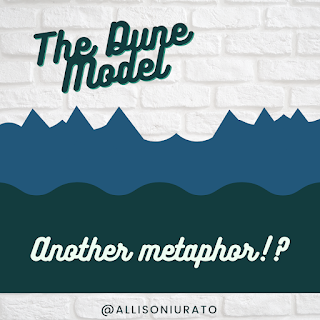More Thoughts on The Iceberg
Through my reading on the Cultural Iceberg, I came across a blog post by Dr. Milton J. Bennett, Founder of the Intercultural Development Research Institute. (The blog post can be found on IDRInstitute.org.) He argued that the iceberg metaphor deduces culture to a “thing” rather than a process to understand meaning. He went on to conclude that by comparing culture to a “thing” makes it more susceptible to exoticization, and that it erases the nuances and process by which we gain meaning and competency. In other words: the iceberg (and perhaps other tangible metaphors) is an easy-to-swallow learning tool that can be packaged by educators for the masses- and do we really want that?
It’s funny because I feel like even when I studied abroad in France, I never received any formal training; I was sort of thrown into the pool without swim lessons or even floaties. (It’s okay, I lived!) Even if I had though, what would I have been taught that I wouldn’t have eventually learned on my own?
This sort of brings me back to the models. As someone who isn’t professionally trained in intercultural training, I suppose I had never given it thought as to how to educate a group of folks on this subject matter. I assume as much that (good) trainers won’t focus on the “tip of the iceberg” and will dig deeper to discuss culture as webs of meanings that contextually frame communication.
However, it’s no secret that culture as a learning tool is exploited. Think of all the ways culture is commodified and only benefits the self: travel and other forms of hospitality, study abroad, volunteerism, charity, food, fashion, media, etc. It’s as if the iceberg exists because of capitalization and fetishization of culture, and intercultural training will constantly be hitting this brick wall.
While I generally believe these models come from an honest place, it’s more important than ever to reframe intercultural training as something that must benefit everyone, just not the student.
Do you think the cultural models are oversimplified? Or that they do not fully capture intercultural communication theory nuances and cultural competence as a learning tool?


Comments
Post a Comment